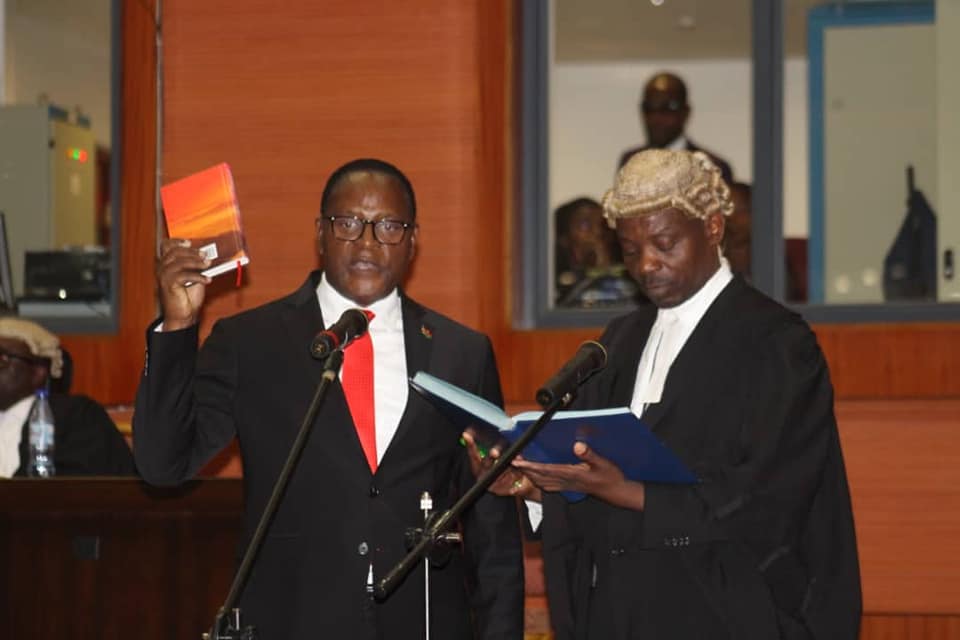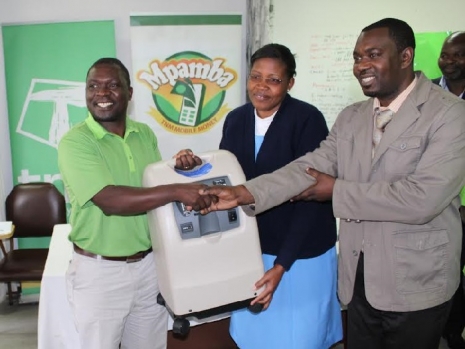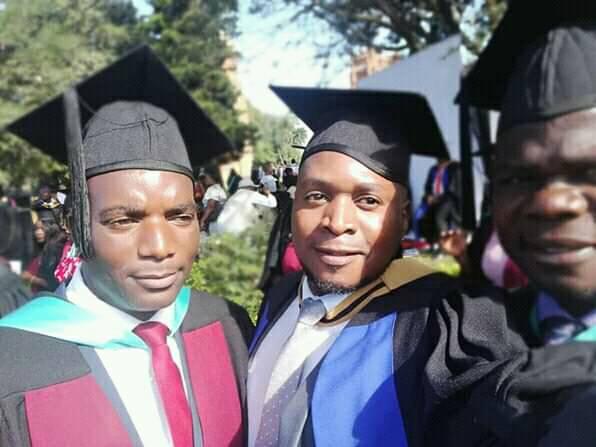The Judiciary says the Constitutional Court may deliver the much-awaited judgment on the disputed May 21 presidential election results by this December.
Registrar of the Malawi Supreme Court of Appeal and the High Court of Malawi Agnes Patemba said this in an interview on Friday.
She said the Judiciary’s projection that the case may be decided between November and December this year is based on active case management by the five-member panel of judges and lawyers for both the petitioners and the respondents.
“As we had indicated last time, with this case we are looking at November-December by a way of concluding it. We still maintain that. We are hoping all things being equal, if there will be no disturbances that we should by then be done with this case, “Said Patemba.
The panel of High Court judges handling the case comprises Healey Potani, Ivy Kamanga, Dingiswayo Madise, Mike Tembo and Redson Kapindu.
The election dispute has caused unprecedented tension, demonstrations and violence in the country.
In the Constitutional Court case, presidential candidates in the May 21 Tripartite Elections Saulos Chilima of UTM Party and Lazarus Chakwera of Malawi Congress Party (MCP) are jointly asking the court to nullify the presidential poll results.
The two dragged the Malawi Electoral Commission (MEC) to court after the electoral body declared President Peter Mutharika of Democratic Progressive Party (DPP) the winner in the elections.
They allege that the poll results were fraught with irregularities and that the electoral process was mismanaged by MEC. By virtue of the law. Mutharika was added to the case as the first respondent, while MEC is the second respondent.
The Judiciary and observers noted that as the case began in the Constitutional Court, there were indicators that it would take months, or even over a year, to conclude.
However, lawyers trimmed the number of witnesses to be cross-examined and re-examined, to expedite the trial.
Said the registrar: “Under the law, the court has powers to limit cross-examination. So, the judges invoked that provision and have, indeed, limited the hours in which to cross-examine witnesses and they have also limited the cross-examination to only those issues in contention.”
She said equipment in court, from the Ministry of Information, Civic Education and Communications Technology, is helping the court to produce court records on a daily basis.
Also attending court sessions are also helping to unpack issues raised in court which will inform decisions the judges will make, she added.
Patemba said: “So, by the time this case is coming to an end, it means every evidence will be available. The judges will then analyse and write the judgment right away.”
Patemba saluted the five judges for committing themselves fully to the case and pointed out that only one of the five judges is a resident of Lilongwe, while the rest have relocated to Lilongwe from Blantyre, Zomba and Mzuzu to focus on the case.
“The judges are working hard to ensure the case is concluded as soon as possible,” she added.



